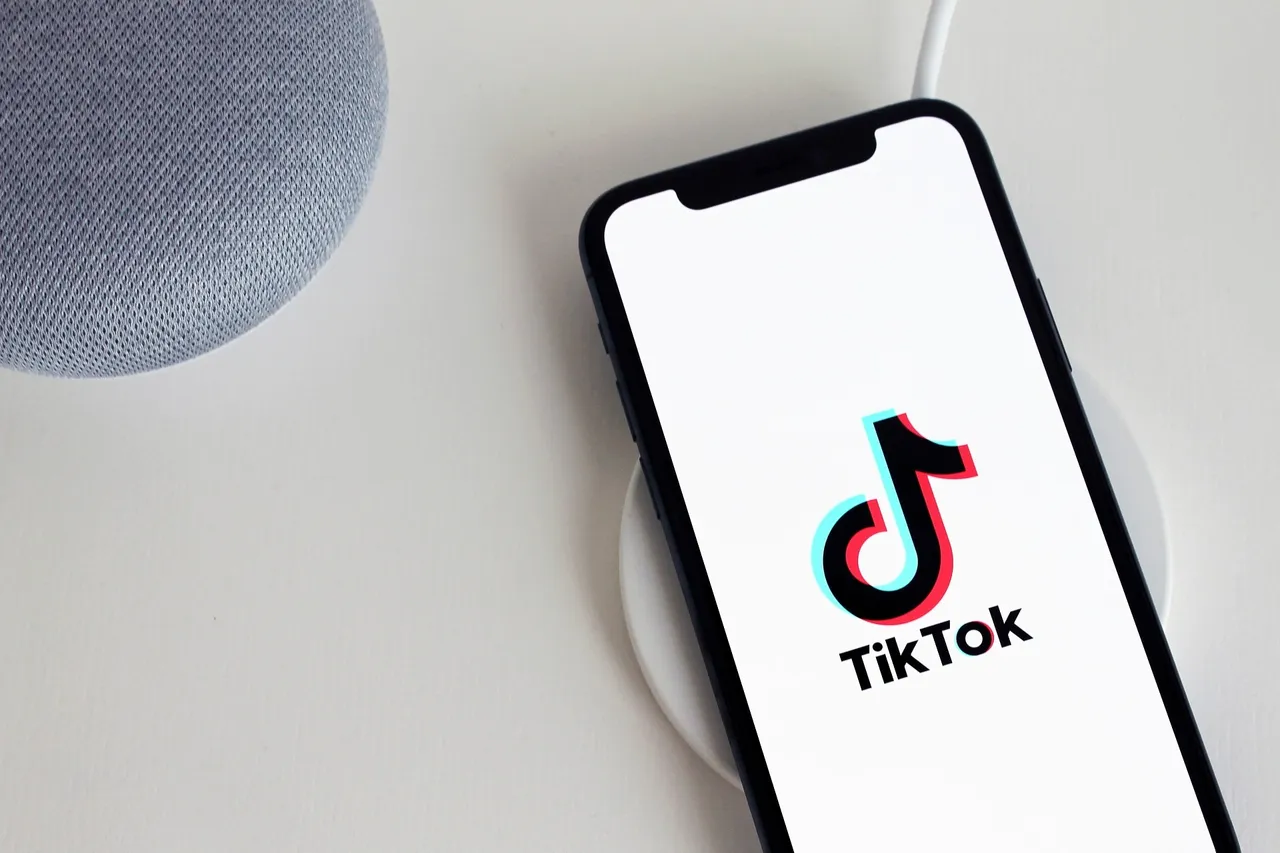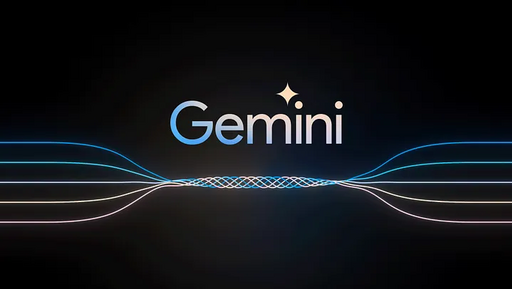Update 3/14/24
The latest updates on the TikTok ban in the United States reflect significant legislative and political movements. A bipartisan group of U.S. lawmakers introduced legislation in early March 2024, urging ByteDance, the Chinese owner of TikTok, to divest the app within six months to avoid a ban. This legislative effort aims to address national security concerns related to TikTok’s Chinese ownership. The bill, spearheaded by key figures such as Mike Gallagher and Representative Raja Krishnamoorthi, seeks to make it illegal for app stores to offer TikTok if ByteDance does not comply with the divestiture. The White House has shown support for this legislation, viewing it as a step toward protecting Americans’ data and national security, though TikTok has criticized the move, arguing it infringes on the First Amendment rights of its users oai_citation:1,U.S. lawmakers push for ByteDance to divest TikTok or face ban | Reuters.
Further efforts to address concerns related to TikTok and its potential impact on U.S. national security include the RESTRICT Act. This bill, receiving endorsement from the Biden administration, would empower the Secretary of Commerce to ban apps like TikTok if deemed a risk to national security. The RESTRICT Act aims for a broader approach to tackle threats from technology associated with foreign adversaries oai_citation:2,TikTok ban: The latest developments in the US – 9to5Mac.
Despite these legislative attempts, challenges remain. For example, the popularity of TikTok and the significant lobbying efforts by the company have slowed down the momentum of bills aimed at either banning the app or forcing a divestiture. Senator Mark Warner highlighted the impact of TikTok’s lobbying, noting the need for a comprehensive, risk-based approach to address the potential dangers of foreign-controlled technology platforms oai_citation:3,TikTok crackdown bill may need changes, US senator says | Reuters.
Overall, the situation around TikTok’s future in the U.S. remains fluid, with legislative efforts reflecting the ongoing debate over balancing national security concerns with individual freedoms and the interests of businesses reliant on the platform.
Update 5/18/23
Montana has recently imposed restrictions on TikTok. The state government passed a law prohibiting the use of TikTok within its borders, citing concerns about data privacy and national security. This move comes in response to growing apprehension surrounding the popular social media platform, particularly its Chinese ownership.
Montana’s decision to ban TikTok stems from the broader debates surrounding data privacy and national security. Critics argue that TikTok, as a Chinese-owned app, may pose a risk to user data and potentially allow for unauthorized access by foreign entities. These concerns have gained traction in various parts of the world, leading to similar actions by other countries and regions.
The ban on TikTok in Montana is aimed at safeguarding the personal information of its residents and protecting national security interests. By prohibiting the use of TikTok, the state government hopes to mitigate any potential risks associated with the platform. It is important to note that the ban is specific to TikTok and does not extend to other social media platforms.
The decision to ban TikTok in Montana has sparked both support and criticism. Advocates of the ban argue that it is a necessary step to protect individuals’ privacy and national security. However, opponents argue that it infringes upon freedom of speech and expression, limiting access to a popular platform for sharing content and engaging with others.
The ban on TikTok in Montana represents a localized response to the broader global concerns regarding data privacy and national security. As the discussions around these issues continue to evolve, it remains to be seen if other states or regions will follow suit.
Update 3/25/23
On Thursday, Shou Zi Chew, TikTok’s CEO, testified in front of Congress amidst mounting pressure for a compulsory sale of its US operations or a nationwide ban.
According to Insider’s Dan Whateley and Aaron Mok, the hearing swiftly deteriorated into a barrage of “yes or no” questions from both sides of the aisle, with several politicians seemingly uninterested in hearing the executive’s complete responses.
The aim of the hearing was to allow TikTok, an app with approximately 150 million monthly active users in the US, or nearly half the country’s population, to alleviate lawmakers’ concerns about the app’s data privacy policies and its connection to China via its parent company, Bytedance. However, instead of achieving this goal, the testimony was criticised by Wall Street.
According to Wedbush analyst Dan Ives, the testimony was a “disastrous” moment that will probably result in more calls from lawmakers and the White House to ban TikTok in the US if the company does not take steps to spin-off and force a sale from its Chinese parent company, ByteDance.
Bloomberg Intelligence’s Senior Litigation and Government Analyst, Matthew Schettenhelm, stated that “I don’t think he made any new friends today and changed any minds.” Nonetheless, segments from the testimony became popular on TikTok, with people ridiculing the proceedings and stating that lawmakers lacked sufficient knowledge of the app to litigate it. Eventually, Chew won over the internet.
Update 3/16/23
The Wall Street Journal reported that the Biden administration is urging ByteDance to sell off TikTok to sever ties with China. The Committee on Foreign Investments in the United States (CFIUS), responsible for overseeing national security risks, has recommended ByteDance’s divestment from TikTok in a unanimous decision.
A TikTok spokesperson confirmed that they were contacted by CFIUS and did not dispute the WSJ’s report. However, the spokesperson claimed that the report was exaggerated, and the practical implications of “divestiture” were unclear. They argued that a change in ownership would not impose new restrictions on data flows or access, and transparent protection of US user data and systems would be the best way to address national security concerns.
This development precedes the testimony of TikTok’s CEO, Shou Zi Chew, before Congress on March 23. It marks his first appearance before the legislative body, where he will be questioned extensively while under oath.
Original Post
TikTok, a social media app popular among teenagers and young adults, has faced intense scrutiny and controversy in the United States over the past year. The app, which allows users to create short videos set to music and share them with others, has been accused of a variety of issues, including censorship, data privacy concerns, and ties to the Chinese government. As a result, there have been numerous attempts to ban the app in the United States.
Background on Previous Attempts to Ban TikTok
The first major attempt to ban TikTok in the United States came in the summer of 2020, when then-President Donald Trump issued an executive order that would have required the app’s Chinese parent company, ByteDance, to divest from its US operations within 90 days. The order cited concerns about the app’s data collection practices and its potential to be used for espionage by the Chinese government. However, the ban was ultimately put on hold by a federal judge, who ruled that the Trump administration had not provided sufficient evidence to justify the ban.
Another attempt to ban TikTok came in August 2020, when the Committee on Foreign Investment in the United States (CFIUS) launched an investigation into ByteDance’s acquisition of the US-based app Musical.ly in 2017, which was later rebranded as TikTok. The investigation focused on whether the acquisition posed a threat to US national security. In September 2020, the Trump administration issued another executive order that would have banned TikTok from US app stores, but a federal judge issued a temporary injunction blocking the ban.
In November 2020, ByteDance announced that it had reached a deal with Oracle and Walmart to create a new company, TikTok Global, which would oversee the app’s US operations. However, the deal was never finalized, and the Biden administration has since taken a different approach to TikTok.
Current Attempts by the Biden Administration to Ban TikTok
Since taking office in January 2021, President Joe Biden has not taken any immediate action to ban TikTok in the United States. However, his administration has continued to review the app’s data privacy practices and potential national security risks. In June 2021, President Biden signed an executive order that revoked the previous administration’s executive orders targeting TikTok, but also called for a broader review of apps with ties to foreign adversaries.
In December 2021, the Biden administration suspended a Trump-era rule that would have forced US companies to remove Chinese-made apps, including TikTok, from their app stores. The rule had been scheduled to take effect on January 5, 2022, but was put on hold pending a review by the Biden administration.
As of March 2023, there are no immediate plans to ban TikTok in the United States, but the app remains under scrutiny by the Biden administration. In February 2022, the Federal Trade Commission launched an investigation into TikTok’s data privacy practices, focusing on how the app collects and uses data from its users, particularly children and teenagers. The investigation is ongoing, and it is unclear what actions, if any, the Biden administration will take against TikTok as a result.
Legislation in the Senate
This past Tuesday, March 7, a group of US senators put forward legislation that would extend President Joe Biden’s power to ban TikTok nationwide. The RESTRICT Act gives the US government the ability to act against foreign producers of electronics or software considered a risk to national security. It does not single out TikTok, but could be used against it. Fears have been raised that the Chinese government may use national security laws to access data on TikTok’s US users. TikTok is seeking an agreement with the Biden administration, and has put in place measures to protect US data.
The proposed law aims to address concerns that Chinese-affiliated companies may be compelled by the Chinese government to provide access to Americans’ sensitive personal information or communication records. In the case of TikTok, lawmakers believe China’s national security laws could force TikTok’s Chinese parent company, ByteDance, to provide access to US user data. TikTok CEO Shou Chew denies ever receiving such a request and has taken voluntary measures to isolate US user data, including hosting it on servers operated by Oracle. TikTok is in negotiations with the Biden administration to continue operating in the US. TikTok spokesperson Brooke Oberwetter stated that a US government ban would limit American speech and the export of American culture and values to the platform’s global user base.
Social Media Transactions
Sen. Marco Rubio’s proposed legislation aims to prevent social media companies with ties to foreign adversaries from conducting transactions in the US. In contrast, a bill introduced on Tuesday by Senate Intelligence Committee Chairman Mark Warner and South Dakota Republican Sen. John Thune takes a more flexible approach, allowing the Commerce Department to exercise discretion in identifying and mitigating potential security risks associated with technology produced by companies with connections to foreign adversaries such as China, Russia, Iran, North Korea, Cuba, and Venezuela.
The bill instructs the Commerce Secretary to take action to identify, deter, disrupt, prevent, prohibit, investigate, or otherwise mitigate national security risks posed by technology linked to these countries. It also grants the Commerce Secretary the authority to negotiate, enforce, and impose any measures necessary to mitigate such risks.
Is TikTok’s Future at Risk?
TikTok’s future has faced some uncertainty in the past due to concerns about data privacy and security, and the potential influence of the Chinese government on the company. However, as of now, TikTok continues to operate in the United States and many other countries around the world. The company has taken steps to address these concerns, such as separating its US user data from the rest of its global organization and hosting that data on servers operated by the US tech giant Oracle. Additionally, TikTok is currently negotiating a possible agreement with the Biden administration that could allow it to continue operating in the United States under certain conditions. So while TikTok’s future may still face some challenges and uncertainties, it is not currently at immediate risk.
Continued Scrutiny
While there have been numerous attempts to ban TikTok in the United States, the app remains available and popular among millions of Americans. The controversy surrounding the app highlights the growing concern over data privacy and national security in an increasingly digital world. The Biden administration has taken a more cautious approach to TikTok than the previous administration, but the app’s fate in the United States remains uncertain. It is likely that the app will continue to face scrutiny and regulation in the coming years, but a complete ban seems unlikely at this time.








